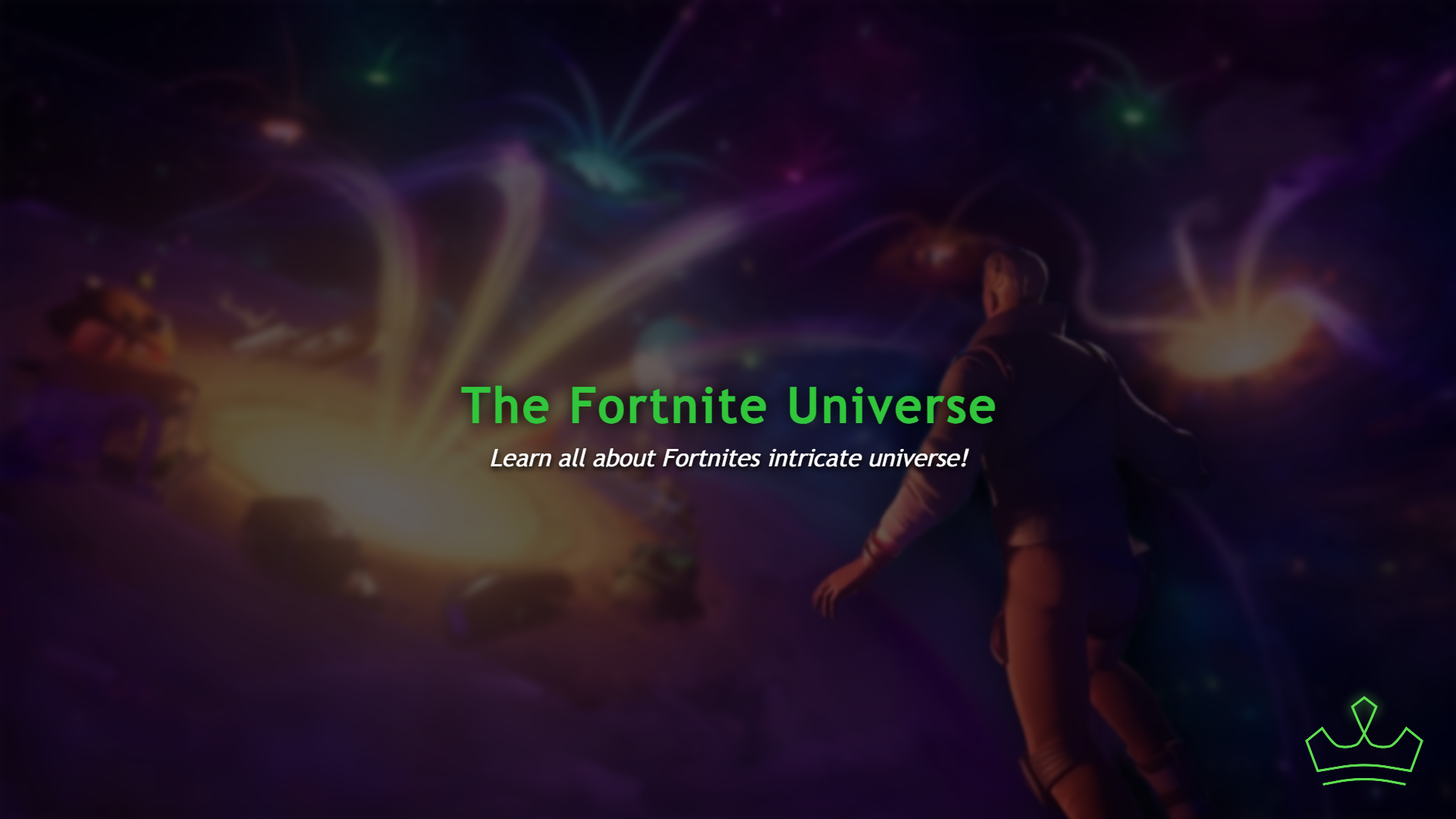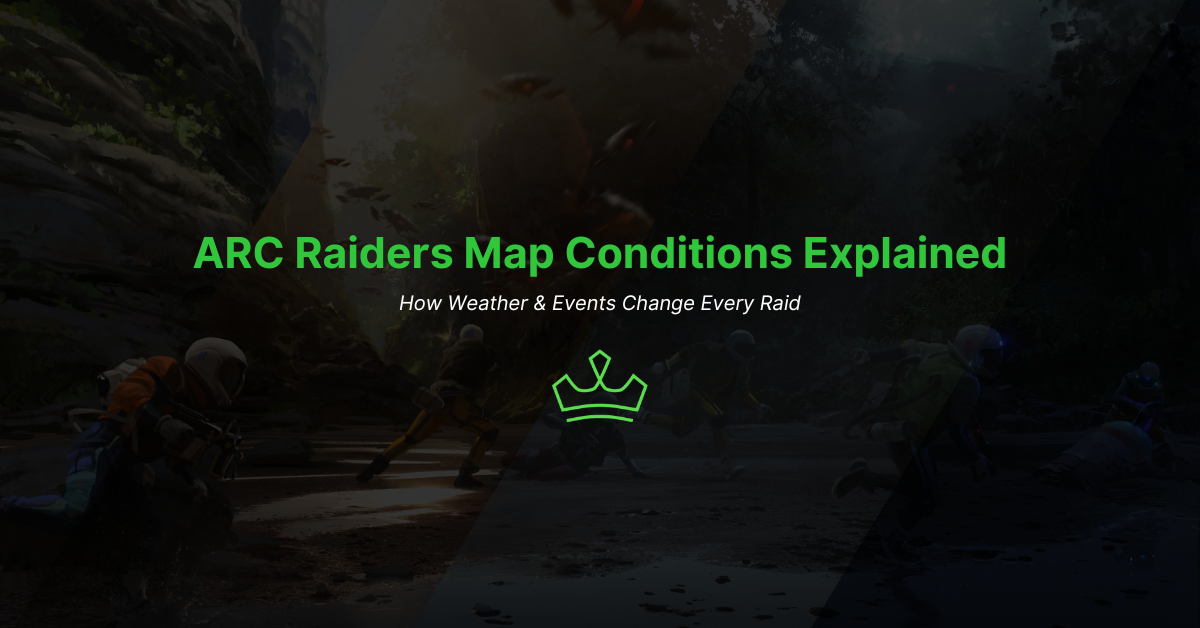Fortnite is a cultural phenomenon. It won every award it wanted to win during the 2018 Gamer’s Choice awards, has amassed billions in revenue, and broken live-streaming viewership records during its peak. Celebrities, pop-culture institutions, Hollywood; all have integrated itself into the world’s most famous Battle Royale. For the Fortnite Universe, however, its history begins with humble origins.
The Early Years
In 2011, Epic entered many of their developers into their internal ‘Game Jam’; a rite of passage for designers to race to complete challenges and create the best game possible under a strict time-limit. Though not a close resemblance of the juggernaut it would become, Fortnite developed from one of the games presented – inspired by the sandbox puzzle-block survival games such as Minecraft or Terraria. With plans to develop the only-ten-years-later released ‘Save the World’ variant of Fortnite, as of then its official game mode, the team needed to upgrade the Unreal Engine to a newer model to manage the game’s ambitions. Epic noticed the possibility to turn Fortnite into a live-service game, inspired by the likes of EA Sport’s Ultimate Team, old-school MMORPGs such as World of Warcraft, and the emerging free-to-play mobile games on the iOS Appstore.
These problems led to the introduction of Tencent, the Chinese Publisher notable for the acquisitions or investments in the parent companies of live-service games such as League of Legends, Roblox, and the aforementioned Warcraft series. Tencent completely re-organised the Fortnite team, releasing key contributors to the game’s development. Fortnite was delayed, remaining dormant for a staggering six years. This new hybrid team, however, remained resilient and adaptable. The game would shift its identity away from darker, survival themes into something accessible for a wide demographic. Finally, Fortnite spotted a gap in the market that it simply could not pass up.
Competition Creates Cash
The Fortnite Universe could not exist without the game’s biggest competitor, and the battle royale genre’s pioneer, in PlayerUnknown’s Battlegrounds. Multiplayer shooters, especially with live service elements such as massive online lobbies of hundreds and premium ‘lootboxes’, were now at the forefront of game-streaming revolution. The Epic Games team were fully focused on their early-access content as this new genre started revolutionizing live-service games. They theorized a diversion, however temporary, to capture this new emergent market. Two months later, Fortnite’s most iconic game mode was born; ‘Battle Royale’, becoming a direct competitor to PUBG. Whilst both games competed for relevancy, it was the Epic team’s pivot away from darker themes into more zany cartoon antics that made Fortnite a prime candidate for crossover appeal.
It was the overwhelmingly positive reception to the game’s ‘Battle Royale’ mode, reaching 10 million concurrent players within the first weeks of release, which forced Epic’s hand into putting their originally planned ‘Save the World’ game variant on hiatus as they capitalised on their success. Epic discovered in these first weeks of release that the target age demographics of their audience were far more intersectional than they could have ever planned – appealing of course to younger audiences but to elder statesmen of the shooter genre pioneered by Epic’s Unreal Engine from years prior. With the advent of the mid-to-late 2010s game streaming boom period, and Fortnite’s accessibility on every current console and on personal computers, Fortnite could be played, watched and enjoyed by anyone.
At the peak of Fortnite’s popularity, Twitch became its spiritual home. Collaborations between the largest of Fortnite’s personalities such as Tyler Blevins AKA ‘Ninja’, and a cavalcade of pop-culture phenomenon made Fortnite into its own powerhouse. The likes of the Marvel Cinematic Universe, premier music acts such as Travis Scott and Drake, and even the stars of the NFL all contributed to Fortnite’s ever-growing significance. It became the video-game equivalent of a Funko Pop collection, an assortment of media’s biggest names on a single platform. Ninja’s record-breaking collaboration streams, and the introduction of the 2019 Fortnite World Cup, demonstrated its financial appeal – with the latter offering an eye-watering prize pool of $30 million to whomever was declared victorious.
The Modern Fortnite Universe
It is no surprise that the Fortnite community is still very much alive. In recent years, it released several game modes to continue its relevancy; ‘Save the World’ finally released as a pay-to-play co-operative alternative to the ‘Battle Royale’ mode, and its ‘Fortnite Experiences’ became a mind-bending multi-genre collection of rhythm games (Fortnite Festival, inspired by the likes of Guitar Hero), arcade racers (Rocket Racing, a collaboration with Rocket League’s producers, Psionix), and even a Lego variant.
Epic, as recent as last year at time of writing, announced a sequel to their 2018 sandbox-styled ‘Creative’ mode, aptly titled ‘Creative 2.0’. The Fortnite Universe had always attracted a younger audience through its aesthetics and large personalities, but the ability to create and develop game modes likened it to Roblox, another massively popular online game. Since the original ‘Fortnite Creative’ launched, questions were posed as to whether Fortnite could be used as a tool for education. On July 19th 2018, the BBC investigated the implementation of Fortnite and whether its interfacing techniques could refresh the minds and encourage engagement on pre-teen children. Retorts concerning the game’s inherently competitive and, albeit cartoonishly, violent nature were considered also, but the game’s ‘Creative’ mode signified a step towards inspiring the community to develop something of their own.
As of the current day, Fortnite has been nominated for every ‘Best Ongoing Game’ award available at The Game Awards ceremony – a testament to its seeming timelessness. Around 700,000 subscribers engage with Fortnite’s main Twitch account, and millions more with the accounts of its largest online contributors. Since launching, Fortnite has amassed a fortune rumoured to be in the region of $20 billion – far exceeding expectations or the profits of any of Epic Game’s previous outings, and a far cry from the days of coding for MS-DOS. The Fortnite Universe seems to be here to stay, but even if it wasn’t, it has left an indelible mark on pop culture and its player-base yet to be replicated by any game since.






